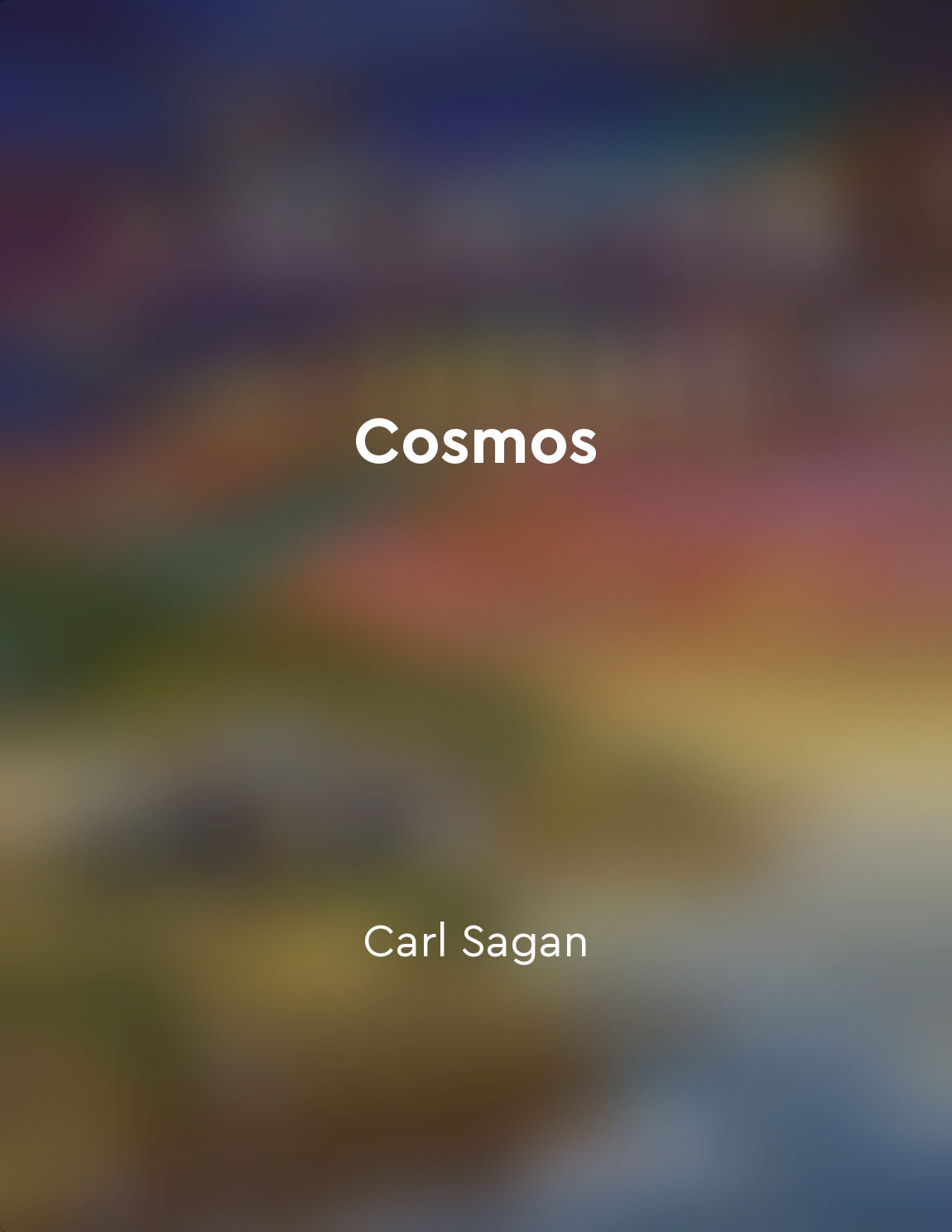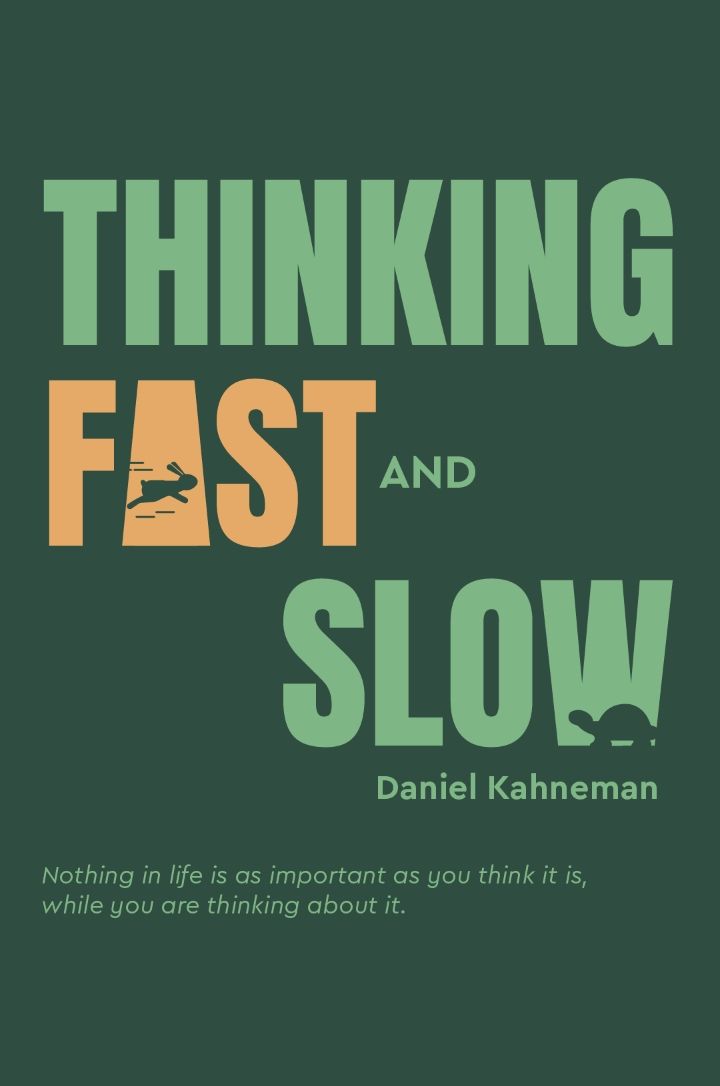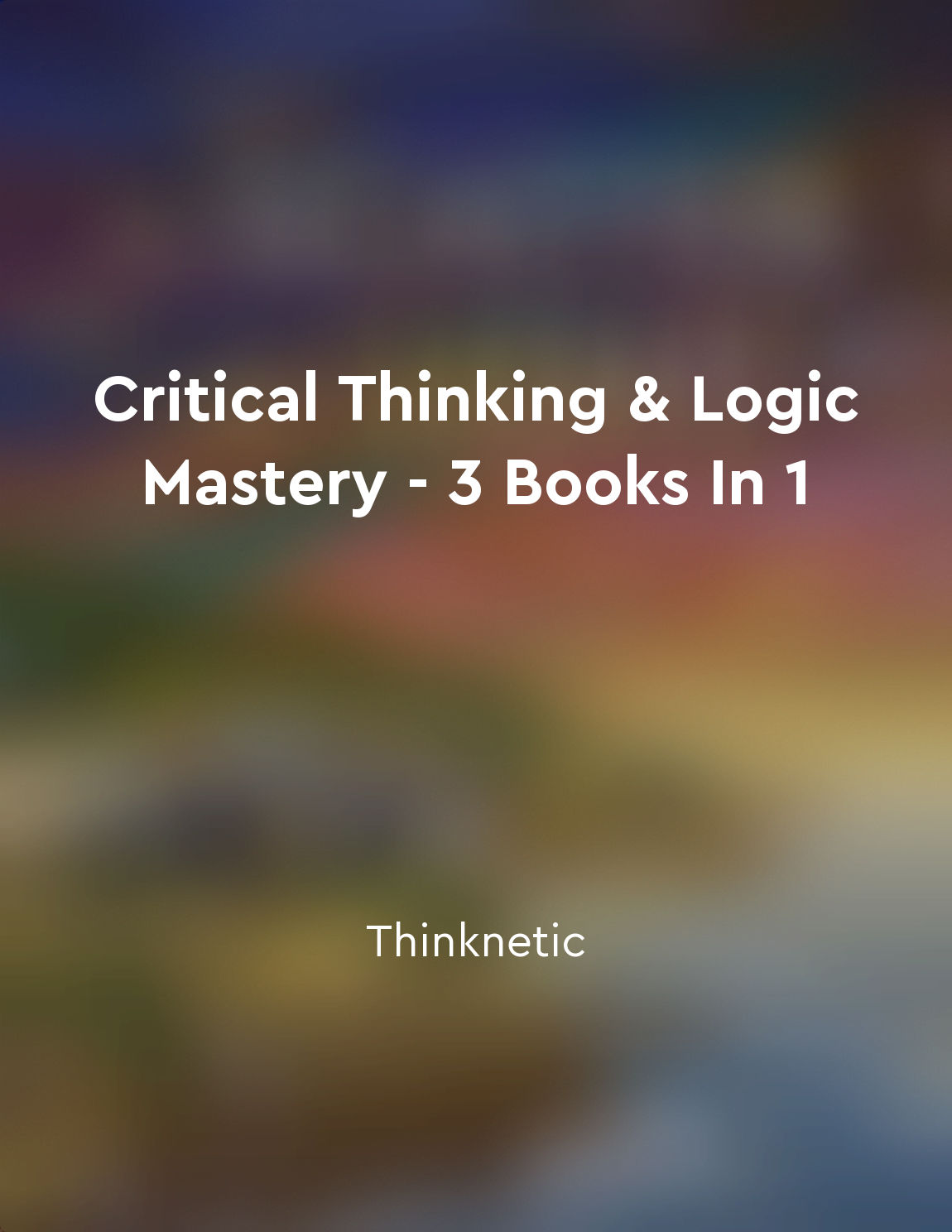Causal relationships cannot be proven with certainty from "summary" of An Enquiry Concerning Human Understanding by David Hume
Causal relationships are a central part of human understanding and reasoning. When we observe events happening in a certain order, our minds naturally make connections between them. We assume that one event causes another based on our past experiences and observations. However, this assumption is not based on certainty, but rather on habit or custom. We may see the sun rise every morning and infer that its rising causes the start of a new day. Similarly, we may touch a flame and feel pain, leading us to believe that fire causes burns. These beliefs are not derived from reason or logic, but from our constant conjunction of events. We cannot prove with certainty that the sun rising causes the day to begin, or that fire causes burns. We can only observe that these events regularly occur together. Hume argues that our belief in causal relationships is based on our expectation that the future will resemble the past. We assume that events will continue to happen in the same way they have in the past. This assumption is necessary for us to function in the world, but it is not based on any rational foundation. We cannot prove that the future will always resemble the past, as we have no logical justification for this belief. Furthermore, Hume points out that we can never directly observe causation itself. We can only observe events happening in succession, but we cannot see any necessary connection between them. We may see a billiard ball striking another and causing it to move, but we cannot see the causal link between the two events. Our belief in causation is based on inference, not direct observation.- While we may believe in causal relationships and rely on them in our daily lives, we cannot prove them with certainty. Our belief in causation is based on habit, custom, and the assumption that the future will resemble the past. We cannot provide any rational justification for our belief in causation, as it is not based on reason or logic. This uncertainty should lead us to question our assumptions and be open to alternative explanations for the events we observe.
Similar Posts
The mind is a complex system of thoughts and perceptions
The human mind is a remarkable and intricate system that consists of a multitude of thoughts and perceptions. These thoughts an...
The universe is expanding
The universe, as we know it, is not static but dynamic. It is in a state of constant flux, ever-changing and evolving. One of t...

Exploring the cosmos is a journey of discovery
The exploration of the cosmos is not simply a matter of sending spacecraft and collecting data. It is a grand journey of discov...
Surrender to divine guidance
The concept of surrendering to divine guidance is a fundamental principle that can transform your life in profound ways. When y...
Political philosophy analyzes the nature of political systems and power
Political philosophy delves into the inner workings of political systems and the sources of power within them. It seeks to unde...
Rationality is limited
Human understanding is a remarkable faculty that allows us to make sense of the world around us. However, despite its impressiv...
Teleological argument supports the idea of a harmonious universe
The teleological argument posits that the order and purpose evident in the natural world point towards the existence of a supre...

Loss aversion makes us riskaverse
Loss aversion is a powerful psychological force that influences our decision-making. It refers to the tendency for people to st...
Popper argues that historicism leads to totalitarianism
Historicism is the belief that history follows certain laws that can be discovered and used to predict future events. This idea...

Understanding fallacies can improve reasoning skills
Understanding fallacies is crucial in the development of better reasoning skills. By being able to identify common fallacies su...

